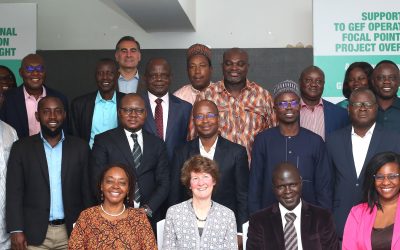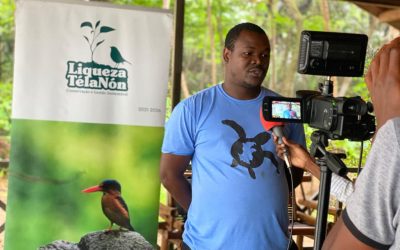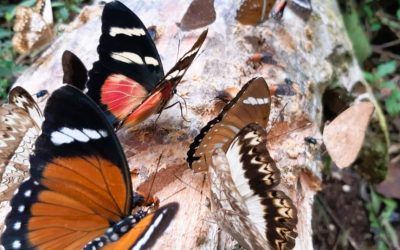Congratulations to Julie Hanta Razafimanahaka (TBA field course Kirindy 2005) for scooping the 2014 Marsh Award for Terrestrial Conservation Leadership. Julie won the award for her tireless effort in supporting conservation in her homeland of Madagascar. She is the Director of ‘Madagasikara Voakajy’, an organization that uses conservation science and community participation to protect Malagascar’s endemic species and their habitats with emphasis on chameleons, frogs, bats, and baobabs.
In Julie’s own words, her journey in conservation “all started at the TBA course in 2005 in Madagascar”. The course helped transform her passion for nature to a career. Through TBA’s support, Julie has managed to stand out as a communicator and liaises with key senior stakeholders including community leaders, government officials, scientists and donors. She gives back to TBA in many ways. As a gesture of appreciation for the support she has had fromTBA, Julie returned to the TBA field course in Kirindy in 2013 — this time as a teacher, where she shared her knowledge with upcoming conservationists.



